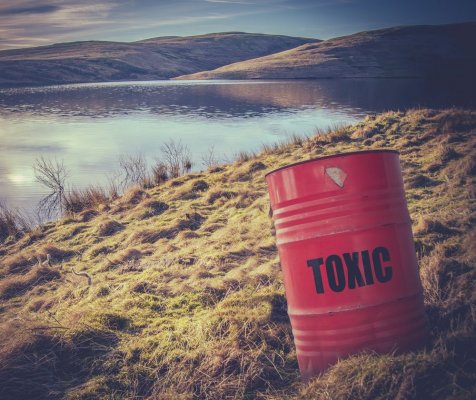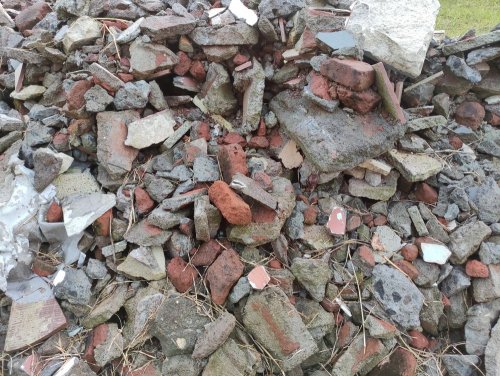The tobacco industry is responsible for the loss 600 million trees, 200,000 hectares of land, 22 billion tons of water and produces more than 84 million tons of CO2, as well as threatens food security through competition in food production.
The danger is created by tobacco itself, cigarette filters, as well as vapes, according to a new WHO report "Tobacco: the poisoning of our planet" , reports Green Queen.
The report points to the negative impact of the tobacco industry on the climate and calls for greater responsibility in the industry.
It is known that tobacco use leads to more eight million deaths each year due to health complications from smoking, including emphysema, heart disease and cancer.
"Long before these deadly products reach the consumer, they are already leaving traces of destruction. Growing tobacco destroys forests, damages soils and depletes water supplies, and production contributes to the formation of toxic waste," the report said.
The WHO explained that low-income communities, which most often grow tobacco, often sacrifice land on which food has historically been grown. However, the plant needs up to eight times more water than, for example, tomatoes or potatoes. In addition, tobacco growing is a major cause of deforestation, as land is cleared for industry, which causes additional carbon emissions.
The annual emissions of the industry are equal to one fifth of the emissions from air transportation.
The report also addressed the issue of cigarette filters, which are a major cause of ocean pollution and negative impacts on marine ecosystems.
"Tobacco products are the largest polluter on the planet, containing more than 7,000 toxic chemicals that enter our environment when they are released. Approximately 4.5 trillion cigarette filters pollute our oceans, rivers, city sidewalks, parks, soil and beaches each year." - said Dr. Rüdiger Krech, Director of Health WHO.
The WHO also calls on world politicians to treat cigarette filters as disposable plastic products and to consider banning cigarette filters to protect public health and the environment, as they may not bring any benefits.
Vapes, electronic smoking devices and other nicotine delivery products are equally dangerous.
"These devices contain metals, plastics and batteries that are classified as toxic hazardous waste, regardless of whether they are disposed of in the environment or properly disposed of in a garbage container," the report said.
In addition, the cost of dealing with cigarette filters and other waste is currently borne by taxpayers, while they must be in the industry.
"It costs China about $ 2.6 billion a year and India about $ 766 million. It costs Brazil and Germany more than $ 200 million," the WHO said.
In countries such as San Francisco, France and Spain, extended legislation on producer responsibility places the tobacco industry responsible for cleaning up its pollution. The report also called for increased tobacco taxes and efforts to help farmers switch to green crops.
We will remind, main source of formaldehyde into the environment are air emissions caused by human activities, in particular tobacco smoke.
As EcoPolitics reported earlier, there is a sea in Kyrylivka threw a mountain of cigarette butts ashore.





